
The history of cricket in India is a tapestry woven by legendary captains who guided the national team through victories and setbacks. These captains not only held sway over the game, but they also made a lasting impression on cricket fans with their tactical acumen, unwavering commitment, and ability to uplift their teams. Beyond triumphs, their influence permeates the core of the Indian cricketing culture, and they are regarded as hallowed individuals who have permanently altered the game.
| Captain | Format | Matches | Wins | Losses | Draws | Win % |
| Ravi Shastri | Test | 1 | 0 | 1 | 0 | 0% |
| Anil Kumble | Test | 14 | 3 | 5 | 6 | 21.43% |
| Sunil Gavaskar | Test | 37 | 9 | 8 | 20 | 24.32% |
| Sourav Ganguly | Test | 49 | 21 | 13 | 15 | 42.86% |
| ODI | 146 | 76 | 65 | 4 | 52.05% | |
| Total | 195 | 97 | 78 | 19 | 49.74% | |
| Sachin Tendulkar | Test | 25 | 4 | 9 | 12 | 16% |
| ODI | 73 | 23 | 43 | 1 | 34.84% | |
| Total | 98 | 27 | 52 | 13 | 27.55% | |
| MS Dhoni | Test | 60 | 27 | 18 | 15 | 45% |
| ODI | 199 | 110 | 74 | 4 | 59.9% | |
| T20I | 72 | 41 | 28 | 2 | 59.72% | |
| Total | 331 | 178 | 120 | 21 | 53.75% | |
| Kapil Dev | Test | 34 | 4 | 9 | 21 | 11.76% |
| ODI | 74 | 39 | 33 | 2 | 52.7% | |
| Total | 108 | 43 | 42 | 23 | 39.81% | |
| M. A. K. Pataudi | Test | 40 | 9 | 19 | 12 | 22.5% |
| ODI | 1 | 0 | 1 | 0 | 0% | |
| Total | 41 | 9 | 20 | 12 | 21.95% | |
| Virat Kohli | Test | 68 | 35 | 14 | 19 | 51.47% |
| ODI | 95 | 65 | 27 | 1 | 68.42% | |
| T20I | 45 | 27 | 14 | 1 | 60% | |
| Total | 208 | 127 | 55 | 21 | 61.06% |
1. Ravi Shastri (1987-1989)
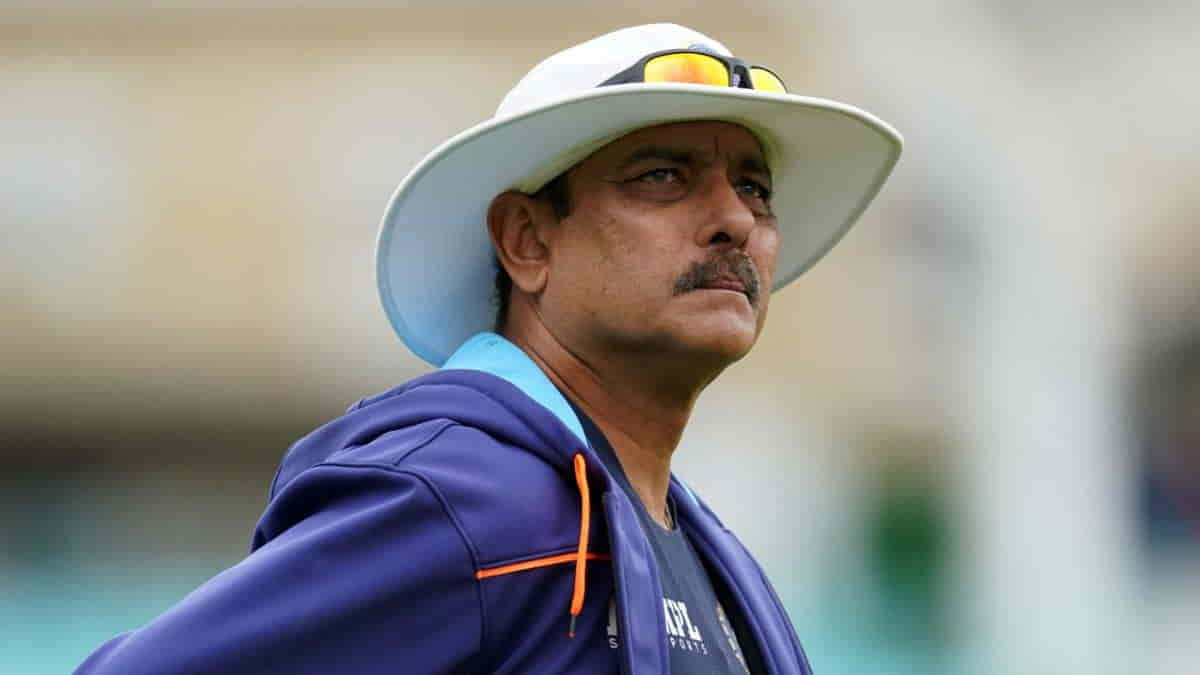
The Indian cricket team had Ravi Shastri as captain for just 19 Test matches between 1987 and 1989. Even so, his captaincy was successful, as evidenced by India’s 1988–89 series triumph over the formidable West Indies. A well-liked and captivating leader, Shastri was well-known for his aggressive and attacking playmaking style. He was a superb motivator who brought forth the best in his team members. India’s batting strategy changed under Shastri’s direction to become more aggressive and attacking, which was evident in the exploits of players like Sunil Gavaskar, Sachin Tendulkar, and Navjot Sidhu, who all had outstanding careers while serving as captain. Shastri was criticized for his aggressive strategies, but he didn’t back down because he genuinely believed in the winning strategy.
2. Anil Kumble (2007-2008)
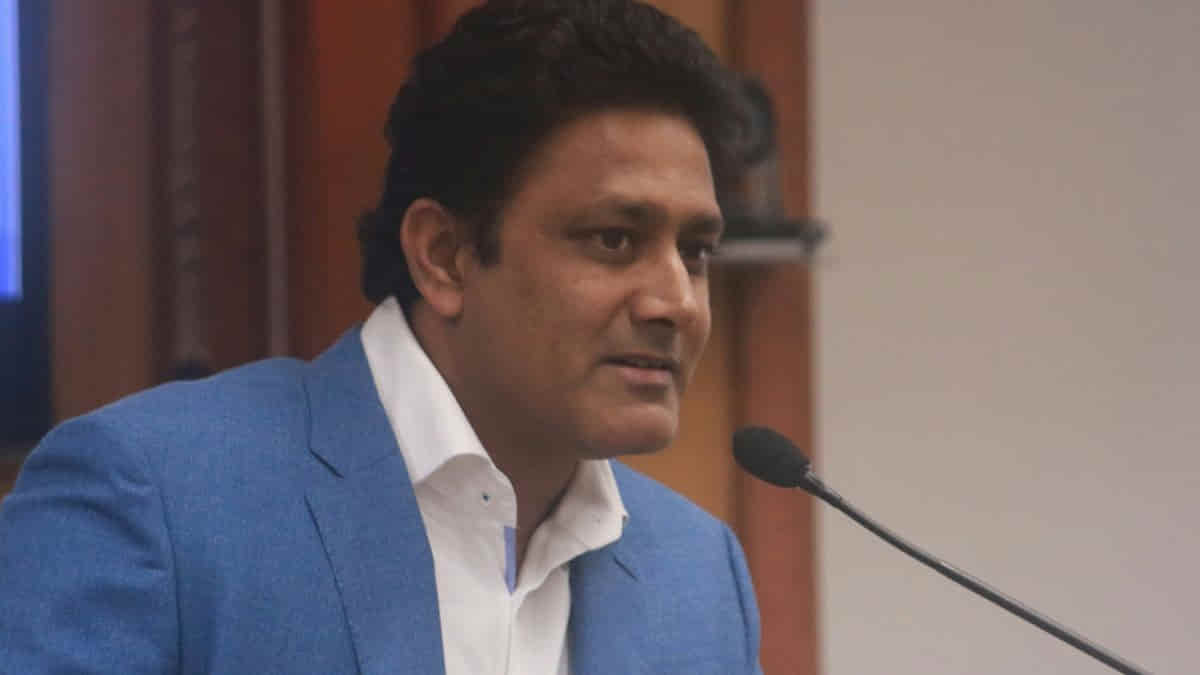
Anil Kumble led the Indian cricket team in 14 Test matches between 2007 and 2009, and his style was marked by aggression and attacking play. A historic series victory over Australia on their home ground and a climb to the top of the ICC Test rankings were among the many outstanding accomplishments brought about by his leadership. Zaheer Khan, Ishant Sharma, and Harbhajan Singh flourished as a result of Kumble’s ability to uplift and inspire his team. Even though Kumble’s captaincy was brief but fruitful, he left an enduring legacy with his unwavering positivity and lead-by-example ethos. Challenges were not unheard of, such as a series loss to England at home in 2008.
3. Sunil Gavaskar (1976-1985)
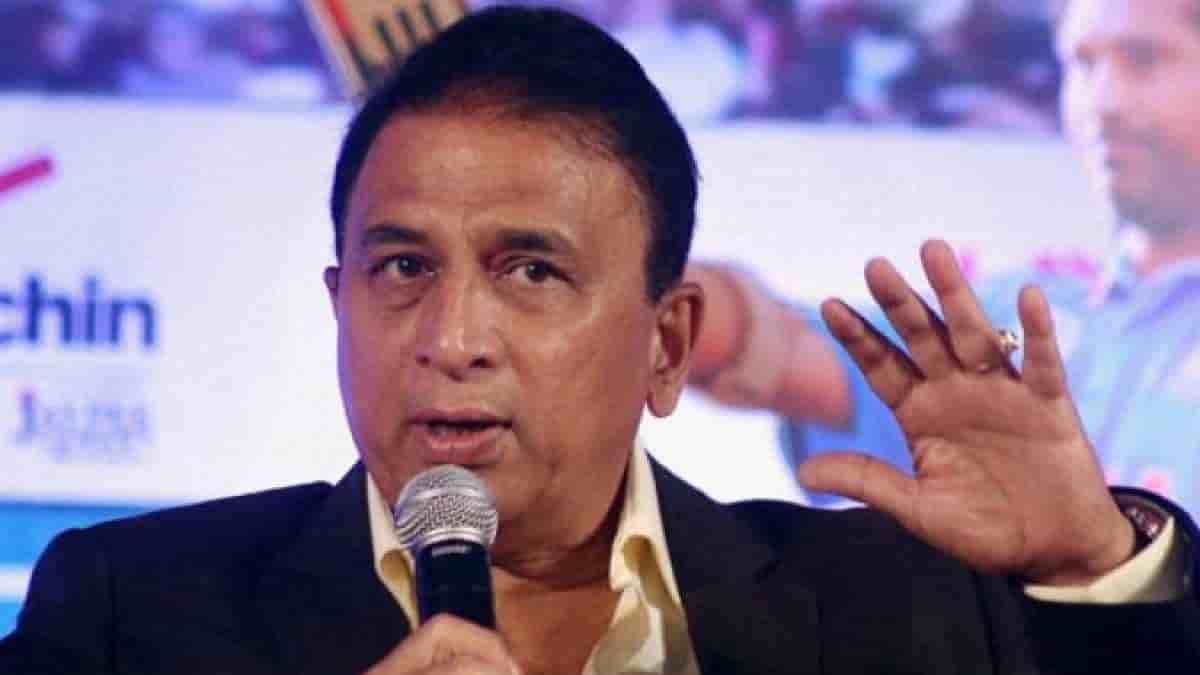
The captain Sunil Gavaskar, a legendary figure in cricket, had a different story. Gavaskar’s record as a leader was not as impressive as his success as a batsman. Gavaskar won just nine Test matches and nineteen ODIs in forty-six One Day Internationals and forty-six Test matches cumulatively. Due to his cautious approach to the game, Gavaskar struggled as captain. Gavaskar frequently made India play slowly and defensively in an attempt to save runs. To top it off, Gavaskar faced difficulties in getting the most out of his bowlers even with their talent. Gavaskar continued to be adored by Indian cricket fans despite these disappointments. Although Gavaskar’s batting prowess brought more success than captaincy, his reputation as a respected leader and his unwavering devotion to the team remained intact.
4. Sourav Ganguly (2000-2005)
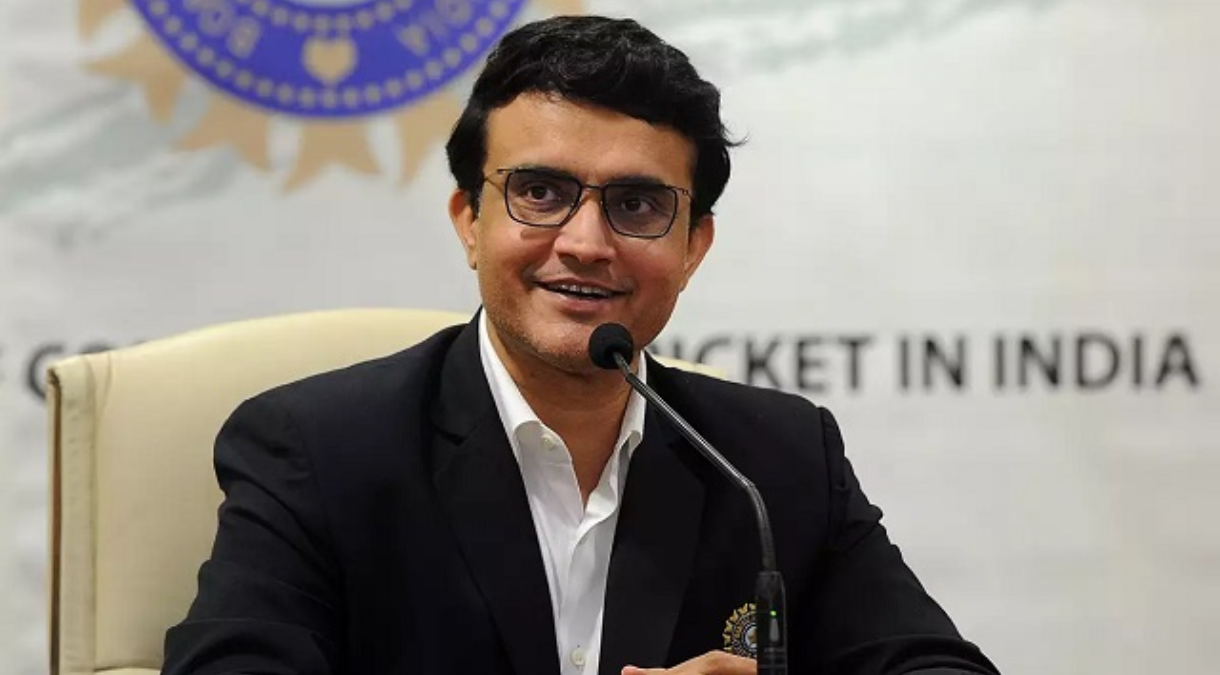
A significant period in the history of cricket was ushered in by Sourav Ganguly’s leadership of the Indian team. During a difficult time for Indian cricket in 2000, Ganguly took the helm and engineered an incredible comeback. He became known for being a dynamic and forceful captain who gave his players a winning attitude and courage. The team performed at its best because of his cunning tactics. Ganguly’s ability to develop a solid team culture and create a setting where players felt appreciated and united was essential to his success. This sense of camaraderie facilitated the success of the team. In addition, Ganguly’s ability to develop young talent—as evidenced by the ascent of Harbhajan, Yuvraj, and Sehwag—improved India’s cricketing abilities. His leadership created a lasting legacy, influencing a new generation of players and making Indian cricket a major player on the world stage. Ganguly is regarded as one of the all-time great captains of Indian cricket.
5. Sachin Tendulkar (1996-1997)
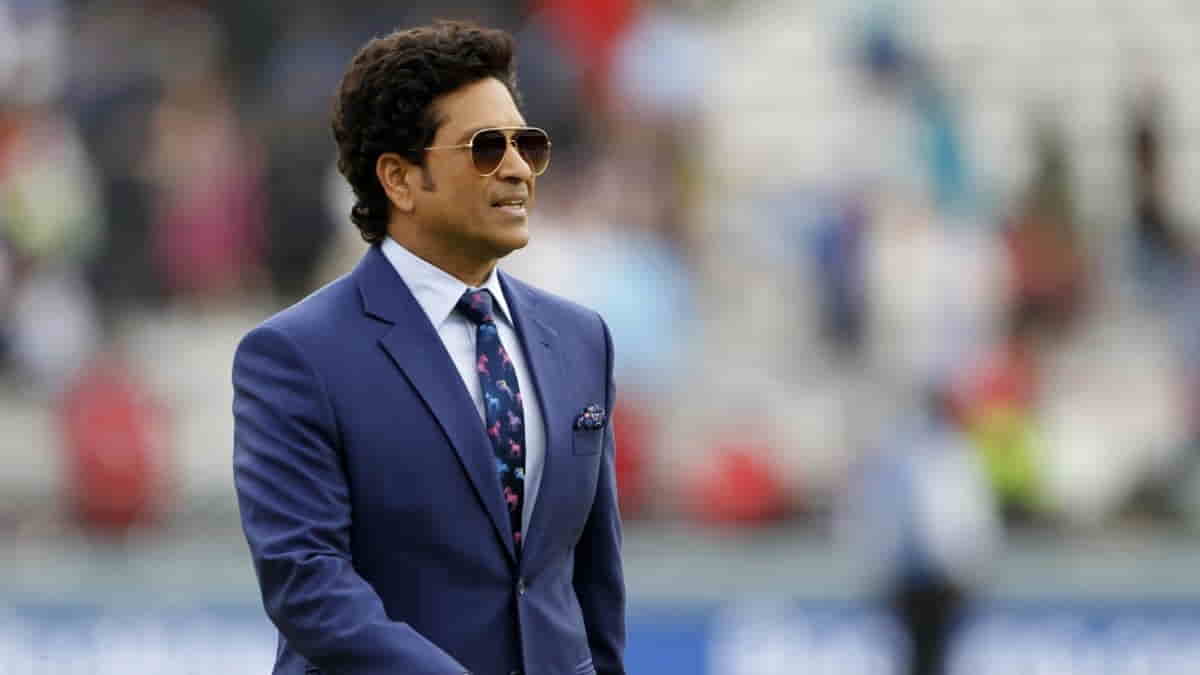
Sachin Tendulkar’s time leading the Indian cricket team was a mixed bag during his storied career. Even though Tendulkar was still regarded as an iconic batsman, he had less success as a captain. Under Tendulkar’s direction, India won just 23 One Day Internationals (ODIs) and 4 Test matches out of 73 One Day Internationals (ODIs) and 25 Test matches. The biggest obstacle Sachin Tendulkar had to deal with as captain was the enormous pressure of expectations. The fact that Tendulkar was the greatest batsman in the world at the time, the media and fans had high expectations for him as a captain, which frequently resulted in extra pressure that negatively impacted his performance. Moreover, the team’s difficulties under Tendulkar’s captaincy were exacerbated by his indecisiveness and frequent adjustments to tactical plans. Despite these difficulties, Indian cricket fans continued to adore and respect Tendulkar.
6. Mahendra Singh Dhoni (2007-2016)

Mahendra Singh Dhoni is considered one of the most successful cricket captains of all time, with an incredible win percentage of 53.61. Dhoni’s captaincy legacy is truly remarkable. Leading India to victory in three ICC Trophies (the Champions Trophy in 2013, the ODI World Cup in 2011, and the T20 World Cup in 2007) was a remarkable accomplishment for him. As one of the best white-ball captains in the world, Dhoni has led India to victory in five more international series. Dhoni led India to the top of the ICC Test rankings in 2009 and amassed 27 victories in 60 matches in Test cricket. With 14 World Cup victories and the greatest winning percentage of any Indian captain with 110 wins in 200 matches, Dhoni’s ODI records are equally impressive. With his leadership during the 2007 T20 World Cup, he revolutionized Indian T20 cricket and went on to win 41 of 72 T20I matches.
7. Kapil Dev (1982-1985)

In the history of Indian cricket, Kapil Dev’s captaincy represents a turning point. When Kapil took over as captain in 1983, Indian cricket was going through a rough time. Kapil Dev successfully oversaw a remarkable comeback that saw the team reach the top of the world rankings. Kapil Dev was an incredible all-round player who was equally impressive as a leader. Kapil Dev was skilled at both bowling and batting and had a special talent for motivating his team and creating a winning culture. Building a formidable bowling unit known as “Kapil’s Devils,” with players like Roger Binny, Madan Lal, and Mohinder Amarnath, was one of the main driving forces behind Kapil’s successful leadership. India’s achievements were greatly attributed to his strategic thinking and skillful use of these bowlers. Moreover, Kapil’s success as a captain was largely attributed to his interpersonal abilities. With his players, he developed a fair, encouraging, and close-knit relationship that was essential to their success as a team. Indian cricket will never be the same after Kapil Dev’s captaincy planted the seeds of a winning team culture and ignited the passion of a new generation of cricket players. He is undoubtedly among the all-time great Indian cricket captains.
8. Mansoor Ali Khan Pataudi (1962-1975)
Popularly referred to by many as “Tiger Pataudi,” Mansoor Ali Khan Pataudi made a lasting impression on Indian cricket from 1962 to 1975 while serving as captain. Innovative and ground-breaking traits that greatly improved the sport characterized his leadership. The most impressive aspect of Pataudi’s captaincy was his innovative style of leadership. Despite the hardship of losing one eye in an accident, he demonstrated exceptional fielding ability and unmatched cricketing intelligence. His ability to read the game and come up with calculated moves won him praise from many. During Pataudi’s leadership, India won two memorable Test series: one against England in 1971 and the other against New Zealand in 1968. These victories set the stage for India’s rise to prominence as a cricketing powerhouse.
9. Virat Kohli (2013-2021)

Success during Virat Kohli’s time leading the Indian cricket team was fueled by aggression, a renewed emphasis on physical fitness, and numerous record-breaking performances. India reached the top of the ICC Test rankings under his direction, winning a series against strong opposition like Australia and England. India became a more competitive team that was able to take on the best in the world thanks to Kohli’s unwavering passion and intensity on the field, as well as his unrelenting demands for high standards. A new culture of physical conditioning and fielding prowess was fostered within the team by Kohli’s emphasis on fitness and fielding. Under his direction, India accomplished several firsts, including being the first Asian team to win a Test series in Australia and defeating South Africa in all three formats at home. In addition, Kohli made cricket history by becoming the fastest batsman to 10,000 runs in both ODI and Test matches. Overall, Virat Kohli’s leadership made a lasting impression, elevating India to the status of a competitive, elite team and motivating a new wave of Indian cricket players to play with fearlessness and aggression.
10. Rohit Sharma
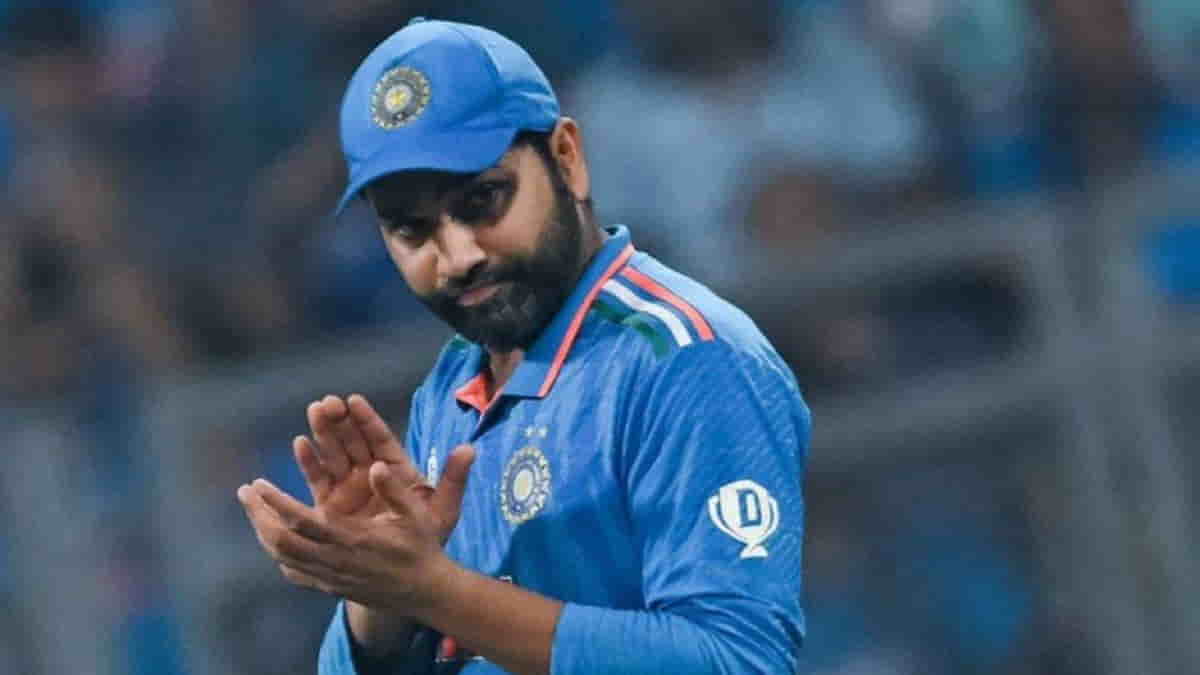
Early on in his tenure as India’s cricket captain, Rohit Sharma has shown encouraging signs of success. India has maintained their number one ranking in the ICC T20I rankings after he led them to series victories against the West Indies, Sri Lanka, and England. Rohit’s ability to build a solid team culture has been essential to his success as a young captain. He has created a space where players feel encouraged to express themselves and supported, which has improved the mood on the team and made everyone feel more at ease. Additionally, Rohit has shown a strong grasp of the game and the ability to make wise decisions under duress. He has made the most of the strengths that each of his players possess. Even though he is still a relatively new captain, Rohit demonstrates the necessary traits of an effective leader, such as intelligence, poise, and the capacity to inspire his group. If he keeps going in this direction, he could lead India to a lot of future achievement




